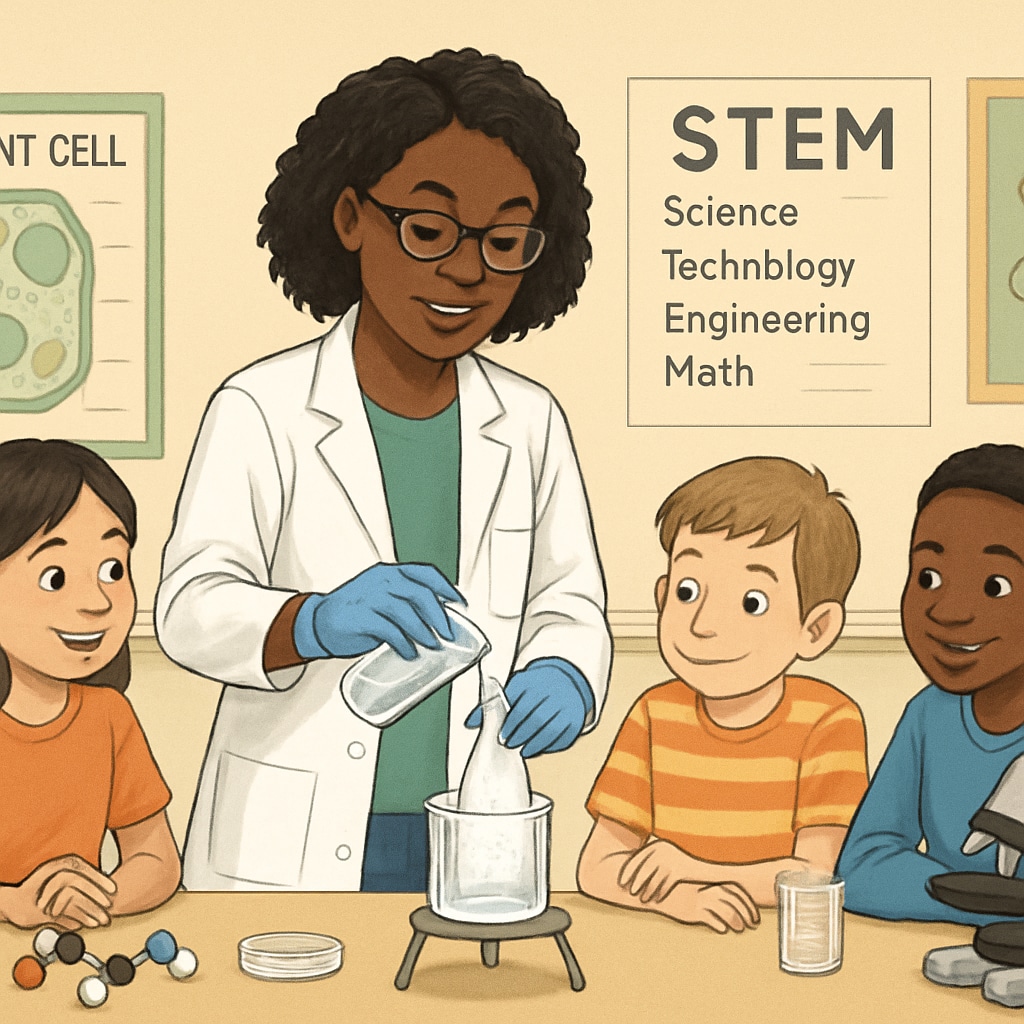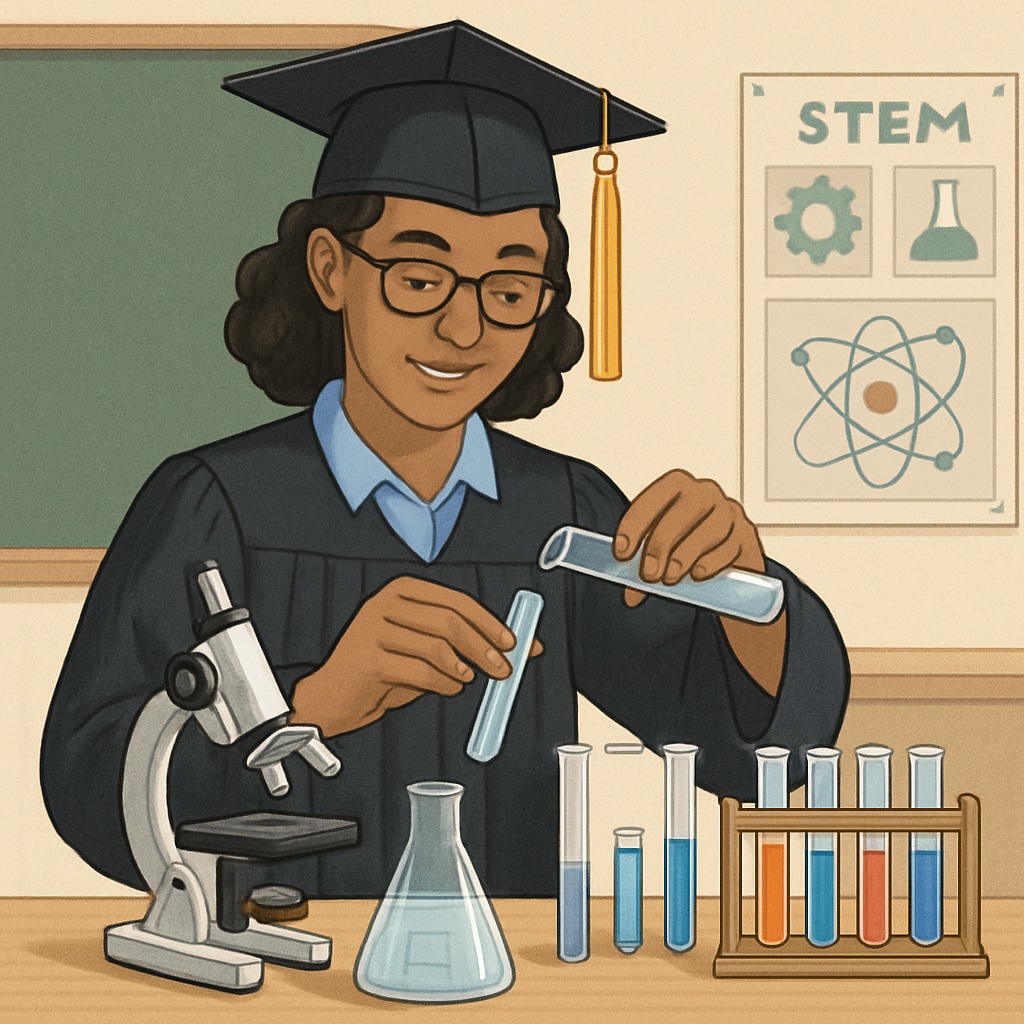For students with a biology background, transitioning to a master’s degree in education may seem like an unconventional career path. However, with the growing need for STEM (Science, Technology, Engineering, and Mathematics) expertise in K12 classrooms, this vocational shift is becoming increasingly valuable. In this article, we examine the feasibility of making this transition, the advantages it offers, potential challenges, and practical steps for achieving success in this cross-disciplinary journey.
Why Move from Biology to Education?
Biology graduates often possess skills that are highly applicable to the education field. For example, their analytical thinking, problem-solving ability, and experience with scientific methods lend themselves to creating engaging and rigorous curricula. Moreover, the demand for STEM educators continues to rise as schools aim to prepare students for careers in science and technology.
Many biology professionals find themselves drawn to education for personal fulfillment. Teaching allows them to share their passion for science while shaping the minds of future generations. Additionally, the versatility of an education degree opens doors to roles such as curriculum development, STEM advocacy, and educational consulting.

Advantages of a Biology-to-Education Transition
Transitioning from a biology background to education offers numerous benefits:
- High Demand: STEM teachers are in short supply globally, ensuring strong job prospects.
- Transferable Skills: Biology graduates are equipped with research, data analysis, and communication skills that can enhance teaching methodologies.
- Impactful Career: Educators play a pivotal role in inspiring students to pursue scientific careers, fostering innovation in tomorrow’s workforce.
Furthermore, a master’s degree in education provides specialized training in pedagogy, classroom management, and student psychology, helping STEM professionals adapt to teaching environments effectively.
Challenges to Consider
Like any career change, the transition from biology to education has its challenges. Here are a few to anticipate:
- Certification Requirements: Depending on the region, additional certifications or teaching licenses may be required.
- Adapting to a New Environment: Moving from research labs to classrooms involves a shift in dynamics and teaching techniques.
- Salary Disparities: Educators may earn less than biology professionals working in research or industry.
However, these obstacles can be mitigated with proper planning, mentorship, and professional development programs. For instance, alternative certification programs and internships can bridge knowledge gaps efficiently.

Practical Steps for Making the Transition
Successfully transitioning from biology to education requires careful planning and execution. Below are actionable steps:
- Assess Your Goals: Identify whether you want to teach full-time, develop STEM curricula, or pursue an administrative role in education.
- Research Programs: Look for education master’s programs that focus on STEM education or offer flexibility for career changers.
- Gain Teaching Experience: Volunteer at schools, tutor students, or participate in STEM outreach programs to understand classroom dynamics.
- Earn Certifications: Depending on your location, acquire the necessary teaching certifications or licenses through alternative pathways.
- Network with Educators: Join professional associations and attend conferences to connect with others in the field.
By following these steps, biology graduates can establish themselves as effective educators and contribute meaningfully to the academic success of their students.
Conclusion
Transitioning from biology to a master’s in education is a feasible and rewarding career shift. It leverages the strengths of STEM professionals to address the growing demand for skilled educators. Although challenges exist, the benefits—both personal and professional—far outweigh the obstacles. Biology graduates with a passion for teaching can play a critical role in shaping the future of science education and inspiring young minds to pursue careers in STEM fields.
For those considering this journey, the combination of dedication, planning, and a willingness to learn can lead to a fulfilling career in education. As the world increasingly values interdisciplinary approaches, professionals with diverse backgrounds are uniquely positioned to make a lasting impact in schools and beyond.


